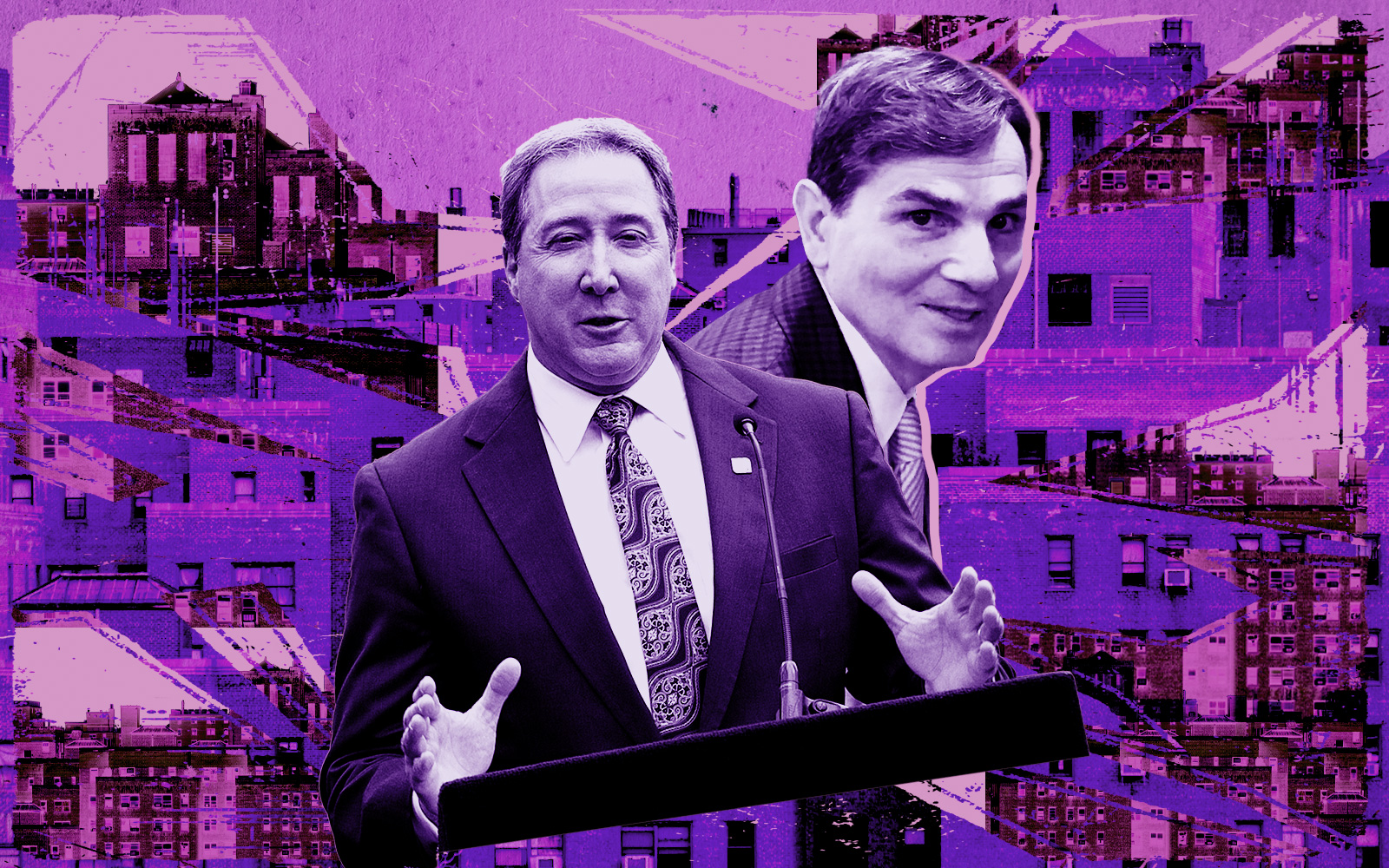After New York Community Bank’s stock price plunged 47 percent at noon Wednesday, prompting the New York Stock Exchange to halt trading of its shares, the lender scored rescue capital and its stock bounced back.
The bank, a key real estate lender, announced a $1 billion equity infusion from a handful of institutional investors, including former Treasury Secretary Steven Mnuchin’s Liberty Strategic Capital.
Trading had been halted after the price fell to $1.86 per share, a 29-year low. But after news of the investment was released, the share price surged to $4.18 before slipping to $3.17 less than 20 minutes later.
NYCB also appointed another new CEO: former Comptroller of the Currency Joseph Otting — merely days after the last CEO change, when the bank replaced Thomas Cangemi with Alessandro DiNello, former head of Flagstar Bank.
Ahead of the equity infusion, the trading pause spurred speculation on social media about a potential collapse. Jay Martin, who heads rent-stabilized landlord group the Community Housing Improvement Program, tweeted, “The largest lender to rent-stabilized housing has collapsed.” But the bank remains intact.
Rent-stabilized loans have been a pain point for NYCB, which became the submarket’s largest lender when Signature Bank collapsed last March. Since the 2019 rent law effectively capped revenues in rent-stabilized apartments, owners have increasingly struggled to cover expenses, including debt service.
In a January earnings call, executives said NYCB had boosted loss reserves on the expectation of increased multifamily distress. When the bank replaced the previous CEO last week, it reported weaknesses with “internal controls related to internal loan review, resulting from ineffective oversight.”
In a statement Wednesday, before his exit, DiNello stressed the bank’s “strong balance sheet and liquidity position supported by a diversified and retail-focused deposit base.”
A trio of bank collapses last spring were driven by panicked depositors withdrawing their money, in part, and preceded by a share sell-off and paused trading. Signature shares, for example, were trading for pennies when the bank’s stock was halted on March 13. The next day it was seized by the Federal Deposit Insurance Corporation, which reassured the market by making all depositors whole.
A source close to NYCB borrowers said some landlords with money in the bank had moved to pull their deposits, “but it’s not like Signature.”
“Others don’t know where to put their money,” the source said. “They are running out of banks.”
Read more


